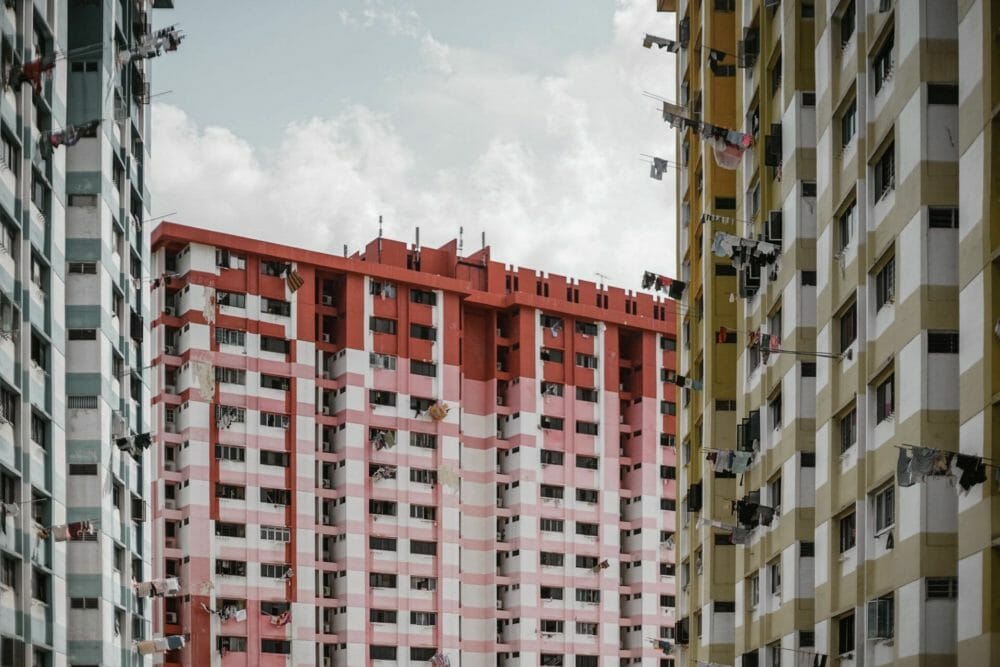The Singapore Food Agency (SFA) has launched a public tender to lease out the rooftops of public buildings for urban farming in the city-state.
Rooftops of nine multi-storey car parks managed by the Housing & Development Board (HDB) – Singapore’s public housing agency – are up for rent.
It’s the first such tender to be launched in full by the Singapore government, following a pilot scheme last year which saw the top level of an HDB car park in the Ang Mo Kio district turned into a farm.
Successful applicants will be able to use the nine new sites to farm “vegetables and other food crops,” a joint SFA and HDB statement said. They can also be used for related purposes such as “the packing [and] storage of produce.” The sites range in size from 1,808 square meters to 3,311 square meters, and will be rented out for up to three years.
Five of the rooftops are classified as “single sites.” The remaining four are grouped into two “clusters” of two rooftops each. According to the SFA, the latter are better suited for production at scale, and successful tenderers will be awarded both sites in each cluster.
The single sites, on the other hand, “provide opportunities to testbed innovative ideas.”
Prospective applicants have until 9 June to submit their proposals. The sites will be tendered using a points-based evaluation of criteria such as cost, production output, design and site layout, and the applicant’s business and marketing plans.
The HDB is responsible for a vast amount of real estate in Singapore, with about 80% of the country’s population living in properties either purchased or rented from the agency.
As the world’s second most densely populated country, with little land available for traditional agriculture, Singapore is looking to adopt urban farming methods and technologies that can shore up its domestic food production capabilities and reduce its reliance on imports.
Repurposing under-utilized urban spaces for commercial farming is one of the strategies that the SFA has pursued in line with Singapore’s ’30 by 30′ initiative, which aims to see 30% of the country’s nutritional needs sourced locally by 2030.
GROW, the Asia-Pacific agrifoodtech accelerator backed by AgFunder, has launched Singapore Food Bowl: a new program for startups and industry partners aimed at furthering the country’s ’30 by 30′ goal and building a more resilient, decentralized food ecosystem in the wake of Covid-19. Find out more here.
Rooftop farming and other urban agriculture scenarios also align with the HDB’s recently launched Green Towns Programme, which seeks to increase plant cover, recycle rainwater, and reduce energy consumption in the agency’s housing estates.
Melvin Chow, senior director of the SFA’s Food Supply Resilience Division, said that the Ang Mo Kio pilot scheme had heightened public awareness of, and support for, urban farming.
“Residents in the area have been able to enjoy fresh produce from the farm at nearby supermarkets, and can witness first-hand the hard work involved in bringing our food from farm-to-fork,” he said. “We hope that consumers will continue to show their appreciation for our local farms by buying their produce.”
The HDB and SFA said they’ll launch public tenders for further rooftop farming sites in the second half of the year.
Urban farming: Just a fad? Or a critical component in the agrifood ecosystem of the future? Share your thoughts at [email protected]





